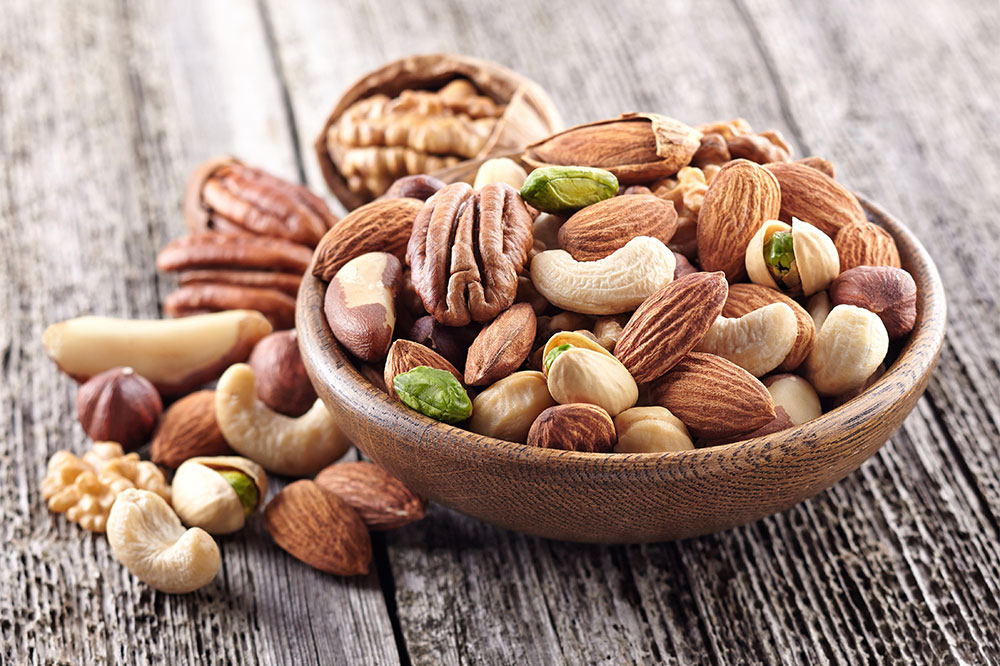
Understanding migraine and its treatment options
Migraine is more than just a bad headache. It is a neurological disease resulting in a throbbing, debilitating pain, which can put you on bed for days. Sound, light, movement, and a few other triggers can result in migraine-related symptoms, such as tingling and numbness, visual disturbances, temporary loss of vision, irritability, tiredness, difficulty speaking, nausea, pain, and a lot more. Research suggests that it is the sixth most disabling disease in the world today.
This guide will help you with apt migraine treatment to help you sail through the down days.
Migraine treatment
Unfortunately, there is no definitive cure for migraine. However, your doctor can surely help manage migraine attacks by providing you with the apt tools to cure symptoms as and when they occur. With the proper migraine treatment, the frequency of migraine attacks reduce. Additionally, treatments also make the migraine feel less severe.
Migraine treatment plan
The migraine treatment plan can be drafted according to:
- Your age
- Type of migraine
- Frequency of attacks
- The severity of the attack – the degree of pain, how long the pain lasts, and how often they keep you away from work or school
- Other health conditions and the prescriptions
- Migraine and other health issues (migraine followed by vomiting or nausea, and other symptoms)
Types of treatment options
Migraine treatment attempts to keep a check on the symptoms and avoid any future attack. There is an array of migraine treatment options that aid in combating migraine and its effects. Broadly, the medicines of migraine will fall under two categories:
Pain-relieving prescriptions
These are known as abortive or acute treatment options. They are taken during the attack for symptom cessation.
Preventive treatment options
When the pain-relieving options do not work, you experience over three migraines in a month, or if your headaches are severe, you may be recommended to take preventive treatment options. These must be taken regularly. Typically, you will be advised to take these regularly to lower the frequency or severity of migraine. When consumed regularly, this migraine treatment can make your headaches feel less severe and reduce their frequency.
Lifestyle and home remedies
There are some lifestyle changes and home remedies that can also help deal with migraine attacks. These include:
- Trying relaxation techniques, such as biofeedback
- Developing a proper eating and sleeping pattern
- Staying in a dark and quiet room
- Using flexible cold masks or packs
- Sleeping whenever necessary
- Staying hydrated
- Maintaining a journal of symptoms to understand triggers
- Exercising everyday
A few supplements can also help avoid a migraine attack. But, there is no adequate information available on how these supplements work or their plausible side effects. However, some broadly used supplements include:
- Herbal extracts, such as feverfew
- Butterbur
- Magnesium
- Riboflavin
Some non-medicinal approaches, such as physical therapy, or neck exercises, might also help.




